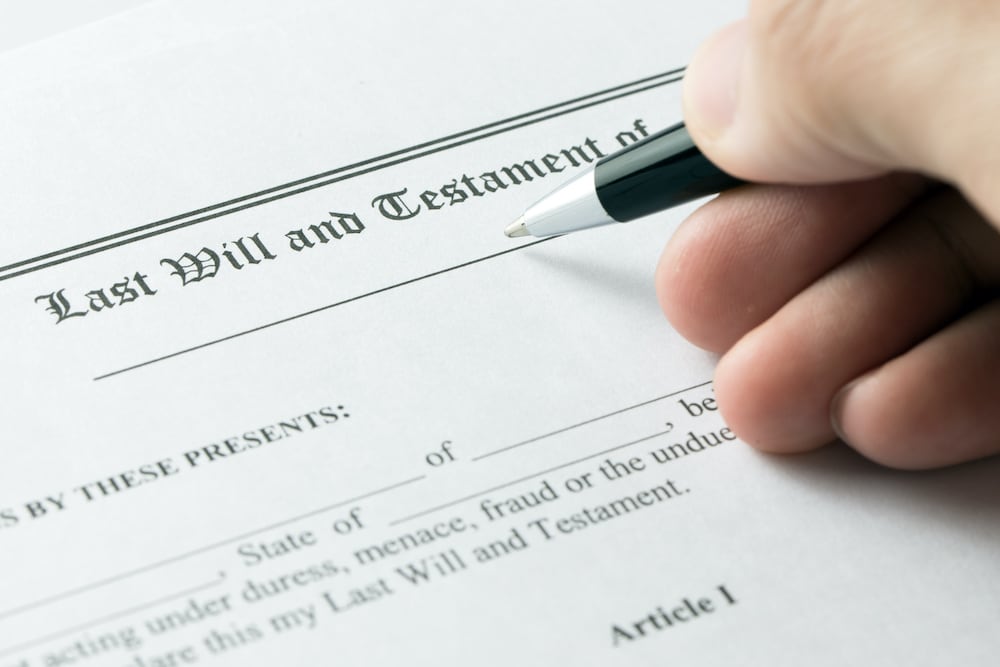When someone passes away without leaving a valid will behind, they are said to have died “intestate.” This situation is more common than you might think, and the legal process that follows can often be confusing, especially for grieving family members. If you’re wondering what happens to your property, your children, or your financial obligations after your death if you don’t have a will, it’s important to understand how the Commonwealth handles these situations. Continue reading and reach out to a seasoned Massachusetts estate planning lawyer from Mark Liam Gannon, Attorney at Law to learn what happens if you die without a will and why you should avoid it if you can. Here are some of the questions you may have:
Who Inherits My Assets if I Die Without a Will?
If you die without a will, your assets are distributed according to the state’s intestacy laws. These laws follow a strict order of inheritance that may or may not reflect your personal wishes. Generally, your closest relatives are prioritized. For instance, if you are married but have no children or living parents, your spouse would likely inherit your entire estate. However, if you are married and have children, or if you have children from a previous relationship, the estate may be divided between your spouse and your children in specific proportions.
It gets even more complicated when children, stepchildren, or other family members are involved. For example, if you have children from a previous marriage, your current spouse may not receive everything you assumed they would. The law treats blended families with particular care, but not necessarily in a way that aligns with everyone’s intentions.
In the absence of a will, the court does not consider verbal promises or informal arrangements. It follows the law to the letter.
What Happens to My Minor Children?
If you have minor children and no surviving parent or legal guardian, the court will appoint a guardian for them. This decision is based on what the court deems to be in the best interest of the child. It is not necessarily based on who you would have chosen. This can be a source of stress and uncertainty for your loved ones, especially if there are disagreements within the family.
Without a will that names a preferred guardian, your family may be left in the dark about your intentions. A judge may appoint someone you trust, or they may select someone you wouldn’t have considered. Making your wishes legally known in advance is the only way to ensure your children’s future is protected according to your values.
Can This Be Avoided?
Absolutely. Drafting a legally valid will is the simplest and most effective way to ensure your estate is handled the way you want. A will allows you to name beneficiaries, designate guardians for your children, and even assign an executor to manage your estate through probate. It provides peace of mind for you and clarity for your loved ones.
Estate planning doesn’t have to be intimidating, and it’s not only for the wealthy. It’s for anyone who wants to spare their family the stress of uncertainty and court involvement. Our firm can help guide you through the process and make sure every detail is handled with care.
If you have additional questions or wish to speak with an estate planning attorney about creating a will, simply contact Mark Liam Gannon, Attorney at Law today.

